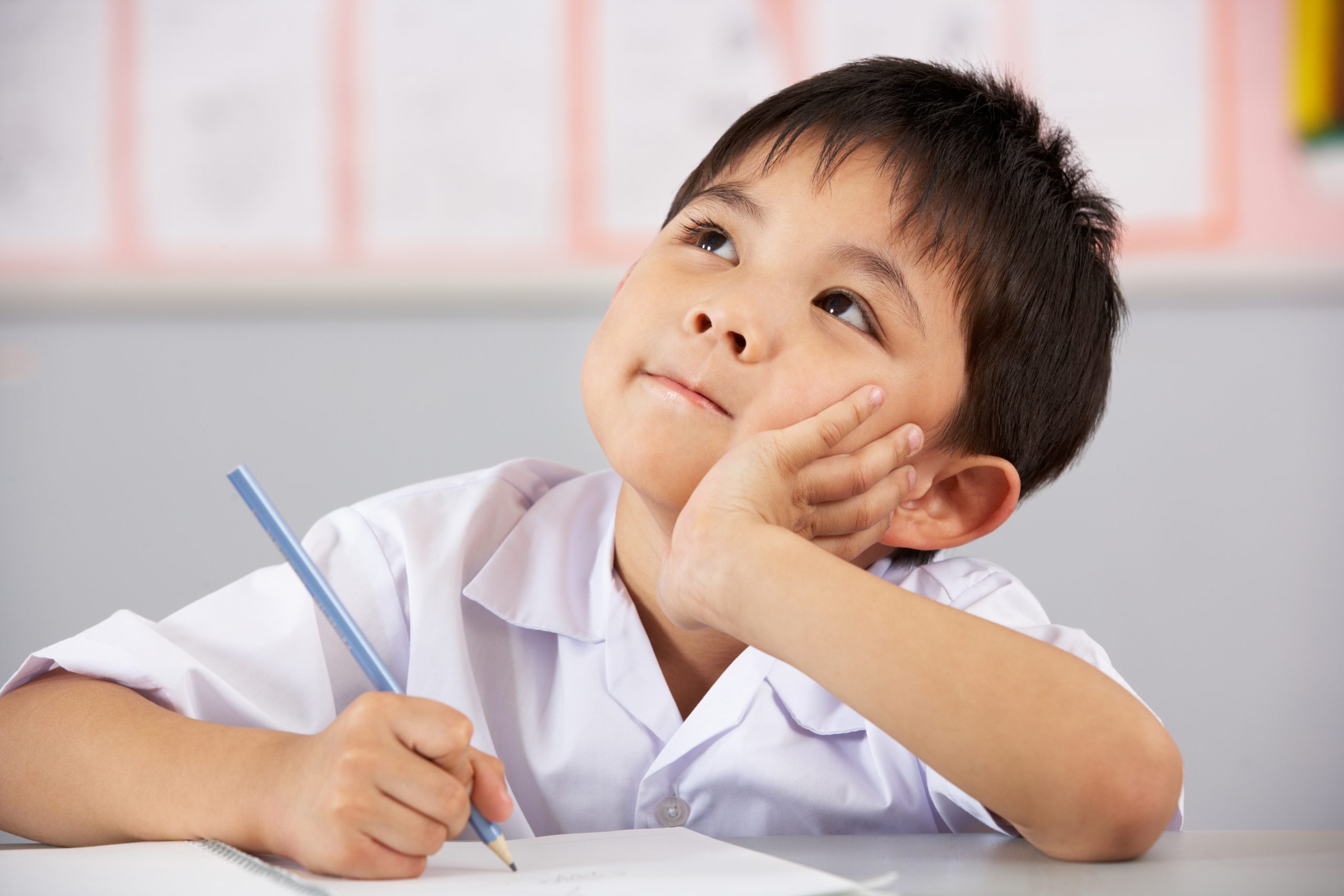These are uncharted waters. No-one has ever planned for the wider opening of schools following a global pandemic with the reach and scale of COVID-19.
In addition to making arrangements for physical safety, staggered starts, bubbles and sanitisers and so on, we should also be preparing to support the emotional wellbeing of all members of the school community, without which learning becomes all but impossible. As a trainee teacher reminded me: Maslow before Bloom! Just as with physical safety, we all have a role to play in supporting the emotional wellbeing of ourselves, each other and our pupils.
What do we know about the children as they return from lockdown and the summer holidays? Some may initially struggle returning to routines and expectations, although most will be thrilled to see you and each other. Other children have flourished in lockdown, happy to virtually engage and avoid the hurly-burly of school.
Some will have suffered family bereavement, or the stress of serious illness. Others, including some staff, may have endured different losses: furlough, unemployment or isolation from others. Irrespective of the loss, some will be experiencing grief, and how young people respond to those feelings will differ in their behaviour, capacity to concentrate and responses to everyday frustrations.
Alarming numbers of children will have been trapped in loveless homes, suffering neglect or witnessing domestic violence. Some of these children, for whom school may be their only haven, have not been seen by professionals for almost 6 months.
We know that the trauma of such adverse childhood experiences can affect learning, physical and emotional health for many years, but we also know that caring, compassionate, steadfast relationships with adults who care for them can ameliorate some of the worst effects. All pupils benefit from these approaches to help them find, or regain, a sense of security and educational purpose.
Some schools may need to refocus on safeguarding and enhance pastoral support: there will be a need for patience and kindness to ourselves and others. Responding with compassionate trauma-informed approaches will do no harm and help those most at risk.
The SWAN framework, described by Dr Pooky Knightsmith, might be a useful metaphor to help us through these turbulent waters. Every teacher will be familiar with the first part – being calm and serene on the outside even if we are scrabbling like fury underneath!
We know that for children to learn and flourish, they have to be sure that adults will keep them safe and emotionally regulated, which can only happen when adults are physically safe and emotionally calm. We can acknowledge our concerns, but becoming distressed will upset children, who are then more likely to be distracted, disruptive or emotionally dysregulated.
The S of Swan is about safety, for children and ourselves. Adults should do everything possible to avoid infection—washing hands regularly, wearing masks when appropriate and socially distancing whenever possible—and should model these behaviours for children.
W is about being warm and welcoming. Showing pupils that we are pleased to see them (even if we feel the claustrophobia of being stuck in a bubble) is going to be really important to promote the mental health and emotional well-being of all members of the school community. Hugs and handshakes may be off limits but a smile, kind word or a patient, compassionate response to disruption will help to reduce emotional distress and support re-engagement with learning.
A is accepting that we are ‘all in it together’. Politicians may have hijacked the phrase, but it is essential that we are patient, kind and considerate with each other and to ourselves. Sometimes, children and colleagues will react disproportionately to issues or incidents. Teachers are very experienced at responding appropriately to pupils’ distress, but there may be times to support colleagues, perhaps just asking ‘Are you ok?’ in that gentle enquiring tone, and following this up with and equally supportive, ‘Are you sure?’ or ‘Really?’. Making time and space to listen to colleagues’ concerns could be crucial.
N is for nurture. It is essential that we find ways to provide emotional support for pupils but that we nurture our colleagues—and ourselves. The start of term probably shouldn’t be too bad, but we know that as the days shorten, people become tired and the usual round of coughs and colds drains people’s energy, we need to look after ourselves, and each other. A kindly word, a cup of tea, a ‘thank-you’ note or even offering to do a break duty can you a long way to supporting our colleagues. While we are doing that, we also need to be kind to ourselves. Sometimes ‘good enough’ will have to suffice. We must remain positive, even when faced with changing arrangements if they prove inefficient, or repeated local, or possibly national, lockdowns.
The statutory expectations for relationships and health education provide excellent opportunities for circle time activities to make sense of the world, promote expression and encourage turn-taking. There are also expectations about learning about hand washing, viruses, and, perhaps one day, vaccination, which should be seized upon to promote learning and safety.
These days will eventually pass. Educators will continue to do what they have always done, to give their best for the children they love, even when they are at their most unlovable. Although many adults will feel anxious as a result of the ongoing crisis, children will know that the adults who care for them can cope and manage uncertainty, perhaps by being a SWAN, even in these uncharted waters.
John Rees, @PSHESolutions
John Rees is an experienced PSHE consultant and is passionately committed to improving the learning and life chances of young people. John contributed to the Collins Reconnection Packs – free tools and resources to help you support wellbeing.



